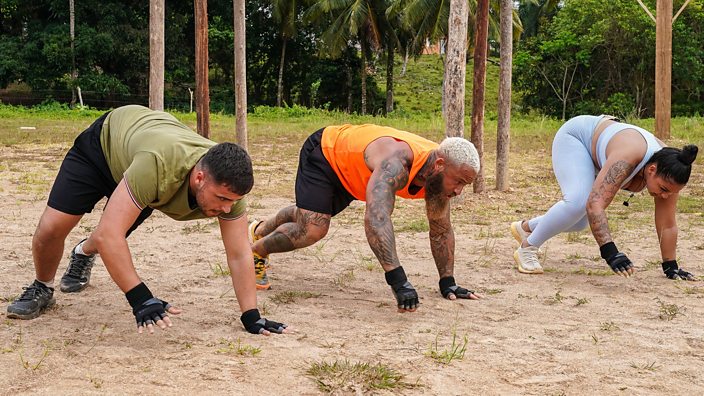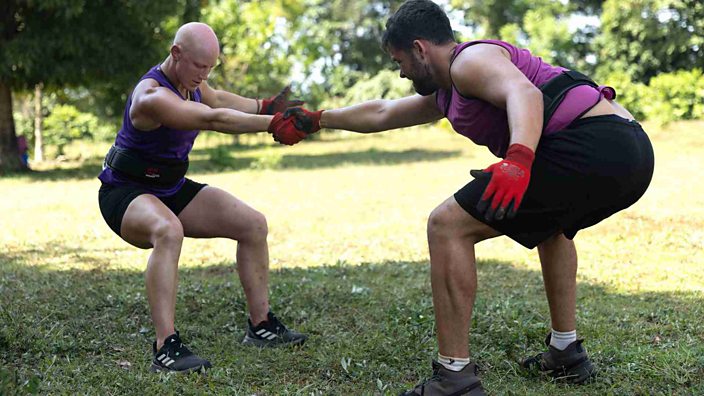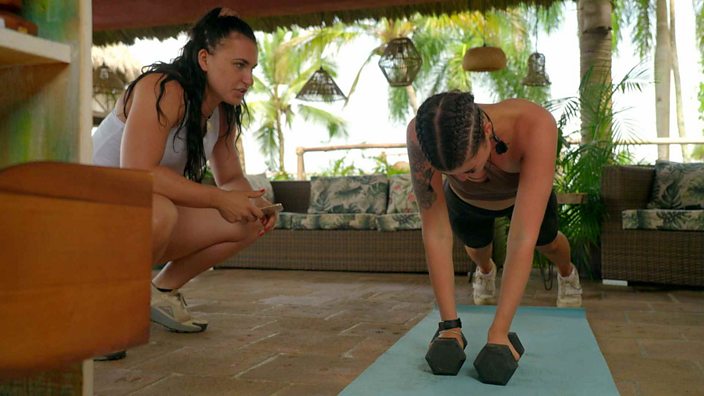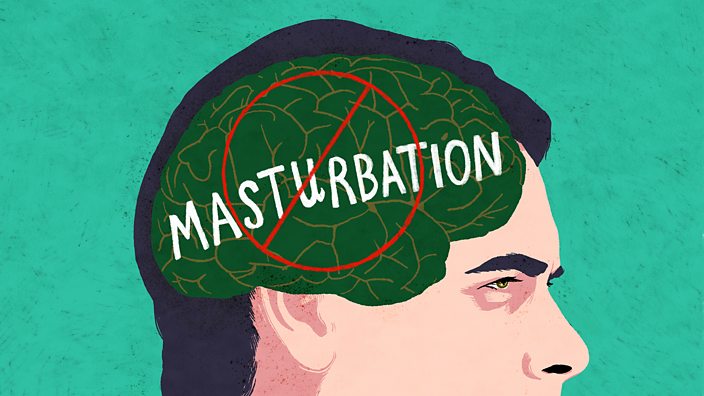 BBC / Wall to Wall
BBC / Wall to WallDoes a healthy body really make a healthy mind?
BBC Three’s Go Hard or Go Home explores the link between fitness and mental health, but what is the science behind it?
Exercise has many positive effects on the body, from the "runner’s high" of feel-good chemicals to improving your stamina and strength. But it could also have huge impacts on your mental health.
A recent study of 1.2 million people suggests that certain activities greatly improved participants’ mental health – and also revealed how long to do these activities to get the maximum benefits.
The study also revealed something that might surprise the world’s gym buddies – that exercising too much might have a negative impact on your mental health.
Inspired by Go Hard or Go Home, a show that is all about using the power of fitness to help overcome boundaries in contestant’s lives, BBC Three spoke to a scientist, a physician and an elite athlete about the link between a healthy body and a healthy mind.
Exercise can improve your mental health – up to a point
A study published in The Lancet Psychiatry in 2018 used data from 1.2 million people about their exercise habits and mental health. People who exercised from 30 minutes to an hour each day reported the best results, with two less days of poor mental health per month compared to those who did not exercise.
Adam Chekroud, one of the authors of the study, says: “The exercise plan that was associated with the best mental health would be a team sport or cycling three or four times a week, for 45 minutes.”
 BBC / Wall to Wall
BBC / Wall to WallBut there was also good news for people not ready to head to the football pitch just yet. “There was the clear effect overall,” Adam says, “that doing any kind of exercise was clearly better than not doing any kind of exercise, even if it’s just household chores or walking.”
Speaking to BBC Three, Olympic gymnast Nile Wilson spoke of how fitness has helped him through mental health struggles. In 2019, a neck injury left him unable to train, which he says caused his mental health to “spiral”.
Now, he is an advocate for the life-changing power of fitness. When exercising, he says, “you feel better about yourself. You feel more self esteem, even if you’re in the deepest darkest places. Moving your body releases chemicals in your brain and you feel better and want more from yourself.”
‘We are seeing more people have exercise addiction’
Too much exercise, however, had the opposite result. Those who reported exercising more than three hours a day reported worse mental health than those who did no exercise at all.
This is something Adam has seen as the president of mental health services provider Spring Health. “About a third of the people who we screen have signs of eating or body image issues.
“When you look at someone who might be exercising three times a day, relentlessly pursuing a certain physique, it might be their poor mental health that is driving that.”
Dee Johnson, psychotherapist at the Priory’s Chelmsford Hospital, treats patients with signs of exercise addiction. “As with any addiction,” she says, “it’s about having an inability to stop, despite logical or emotionally intelligent reasons why.”
“The pressure of body image is extremely prevalent,” she adds, “so we are seeing more people have exercise addiction as part of their destructive behaviours and low self-worth actions.
“Judgement and the fear of rejection, not being accepted or fitting in, the pressure to share on social media, including when you visit the gym or are doing a workout routine, adds to the compulsive behaviour.”
For those who think they may be addicted to exercise, Dee recommends other mental health strategies: “Physical fitness is essential for our physical and mental health, so abstinence is not the usual solution.
“It’s about being honest as to what’s really going on. Talk to a therapist – what’s really been underpinning this? Keep an honest diary to monitor how much you are really doing (including the ‘little cheats’ such as doing squats when cleaning your teeth). It helps break the denial and the minimising of what you are doing.”
 BBC / Wall to Wall
BBC / Wall to WallFor most people, however, the benefits of regular moderate exercise on mental health far outweigh the risks of addiction.
This is certainly the case for some of the Go Hard or Go Home Warriors, who have spoken about how fitness has helped them in their own mental health struggles. On the Be More Warrior podcast (streaming now on BBC Sounds), bobsledder and shotputter Adele Nicoll said: “Fitness has helped [my] anxiety massively. If I wake up and I’m feeling anxious, I go to the gym. I release some stress, and it also helps with social anxiety because you’re around other people.”
The Go Hard or Go Home contestants have also spoken on the huge impact their fitness regime had on their lives. Contestant Dylan Spaull told BBC Three: "Fitness is my life now. I just found out how much it helps my mental health and makes me feel in control of my life."
The Go Hard or Go Home final airs on BBC Three and BBC iPlayer on Tuesday 14 March.













